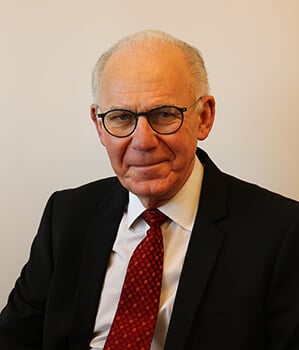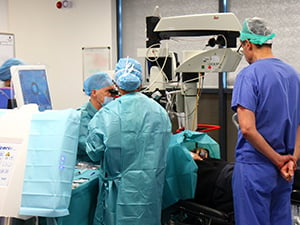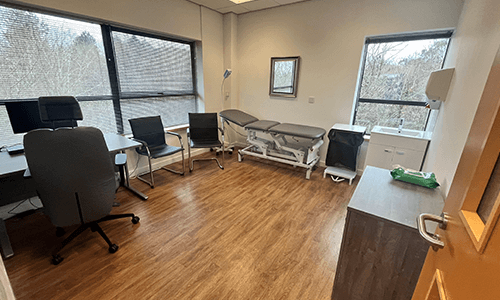Professor Bruce Campbell

Professor Bruce Campbell
Professor Bruce Campbell is one of the UK's best known vein experts. He has experience of treating thousands of patients with varicose veins over many years and he also specialises in microsclerotherapy treatment for thread veins and other small veins on the legs.
For varicose veins Bruce Campbell offers a range of treatment options including cyanoacrylate glue ablation, foam sclerotherapy, and surgery. These treatments are all on a walk-in walk-out basis, in the Exeter Medical operating theatres, with an experienced team.


